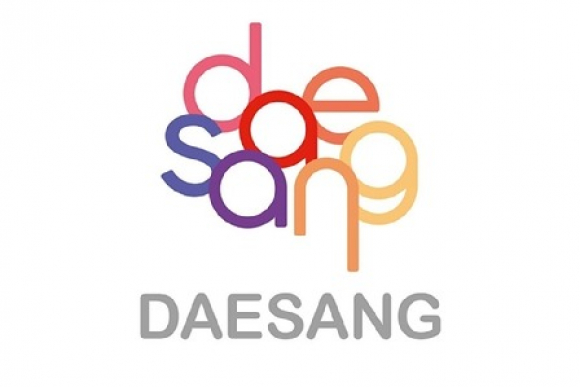Chemical Industry
Daesang to produce new eco-friendly material Cadaverine
S.Korean company plans to expand bio-based materials business, focusing on securing domestic and international customers
By Jun 14, 2023 (Gmt+09:00)
1
Min read
Most Read
LG Chem to sell water filter business to Glenwood PE for $692 million


Kyobo Life poised to buy Japan’s SBI Group-owned savings bank


KT&G eyes overseas M&A after rejecting activist fund's offer


StockX in merger talks with Naver’s online reseller Kream


Mirae Asset to be named Korea Post’s core real estate fund operator



Daesang Corp., South Korean manufacturer of food and pharmaceutical ingredients, announced on Wednesday that it has developed a new eco-friendly material called Cadaverine that can replace petroleum-based materials.
The company aims to expand its white bio business which would replace materials from the chemicals industry with renewable alternatives.
Daesang has completed the pilot production of Cadaverine samples. Cadaverine is a bio-based environmentally friendly material derived from biomass, mainly used as a raw material for producing nylon and polyurethane.
Using lysine, an amino acid, as the raw material, Cadaverine has lower carbon emissions compared to the conventional petroleum-based material hexamethylenediamine, contributing to carbon neutrality, explained Daesang.
In the future, Daesang plans to directly produce Cadaverine using its fermentation manufacturing technology based on lysine as the raw material in the materials business division.
In particular, as Daesang produces lysine, the main ingredient, in its own bio plant in Gunsan, it can secure the cost competitiveness of Cadaverine.
After the pilot production, the company is focusing on securing domestic and international customers, including chemical fiber companies, through sample testing.
Daesang is also making efforts to develop thermoplastic starch, a biodegradable bioplastic material using corn starch. Through this, the company aims to localize and diversify the materials for biodegradable bioplastics, most of which are currently relying on imports.
Write to Ji-Yoon Yang at yang@hankyung.com
More to Read
-
 Korean foodUS set to emerge as top global buyer of Korean kimchi: Daesang
Korean foodUS set to emerge as top global buyer of Korean kimchi: DaesangMar 28, 2023 (Gmt+09:00)
2 Min read -
 Food & BeveragePOSCO Int'l, Daesang sign MOU to cooperate in food business
Food & BeveragePOSCO Int'l, Daesang sign MOU to cooperate in food businessFeb 24, 2023 (Gmt+09:00)
1 Min read -
 Food & BeverageDaesang F&B changes company name to Daesang Dives
Food & BeverageDaesang F&B changes company name to Daesang DivesJan 03, 2023 (Gmt+09:00)
1 Min read -
 Korean foodKorea's kimchi maker Daesang to build factory in Europe
Korean foodKorea's kimchi maker Daesang to build factory in EuropeNov 08, 2022 (Gmt+09:00)
1 Min read -
 Food & BeverageDaesang’s first Korean kimchi plant in US up and running
Food & BeverageDaesang’s first Korean kimchi plant in US up and runningMar 29, 2022 (Gmt+09:00)
2 Min read
Comment 0
LOG IN


